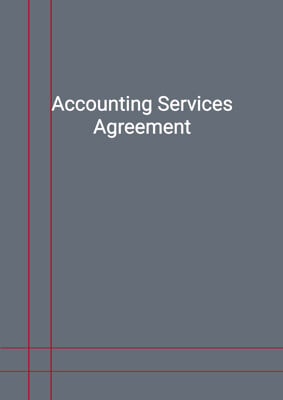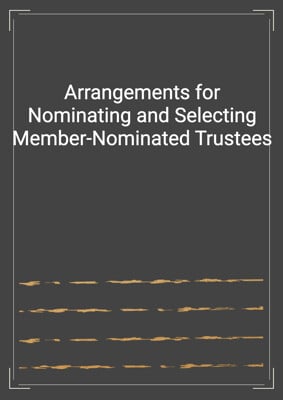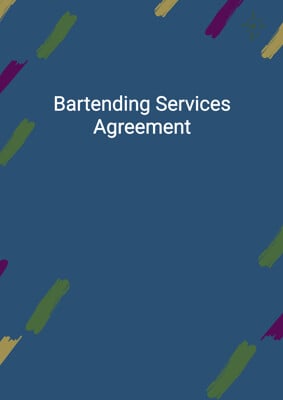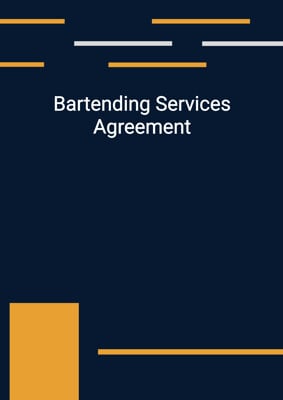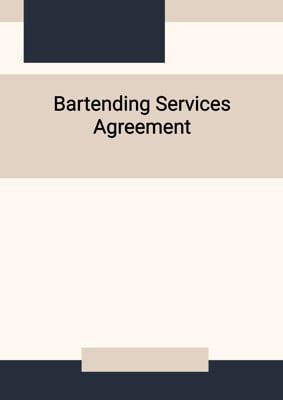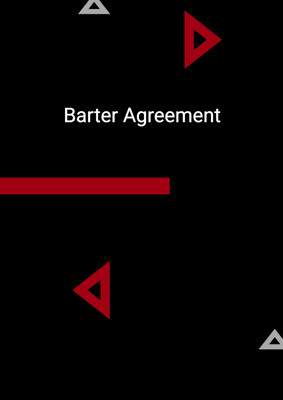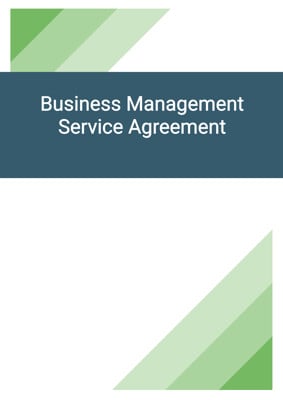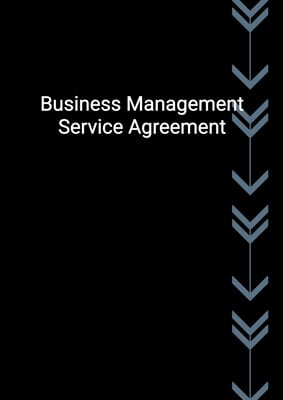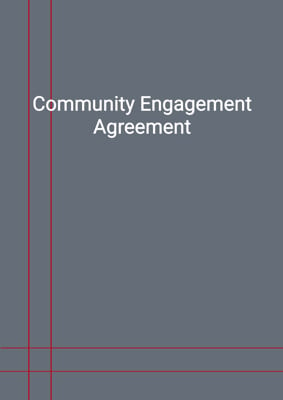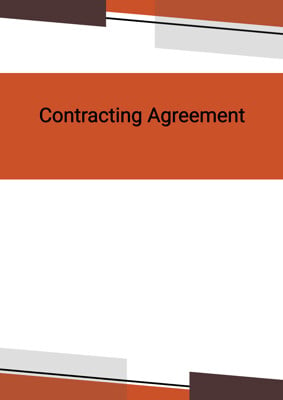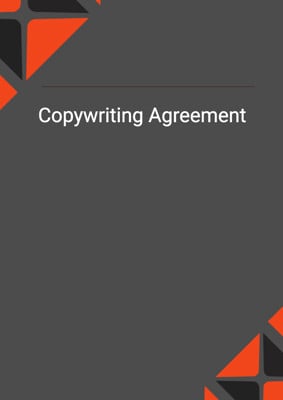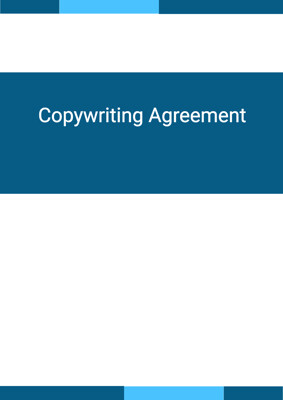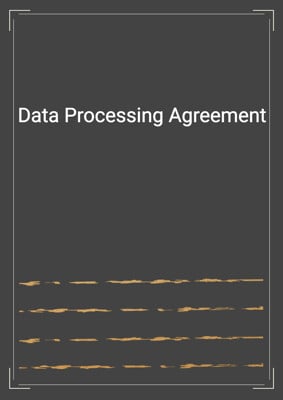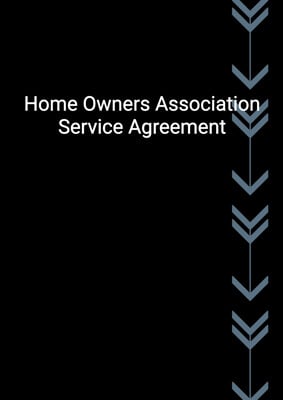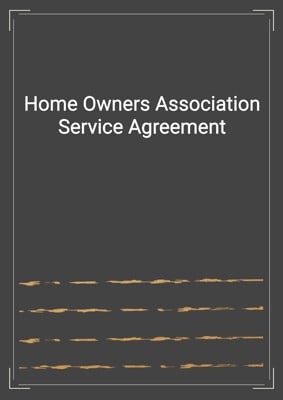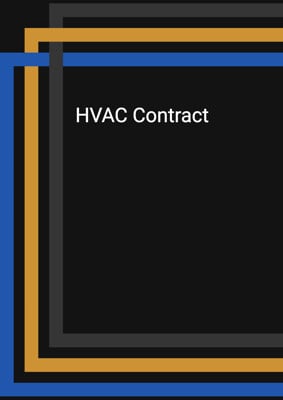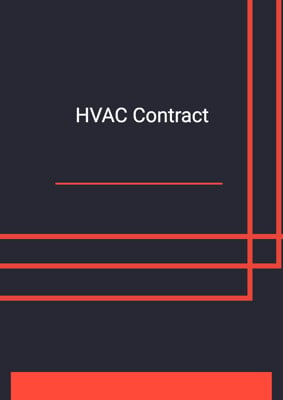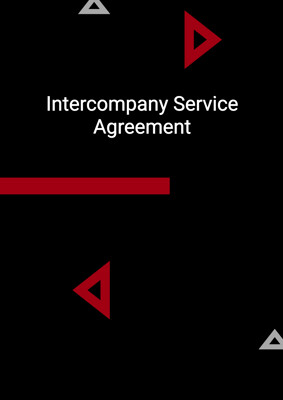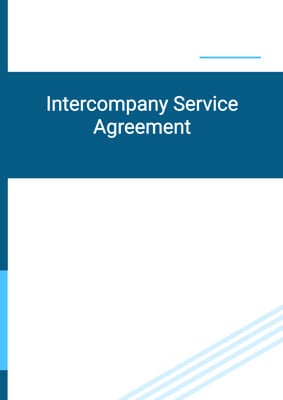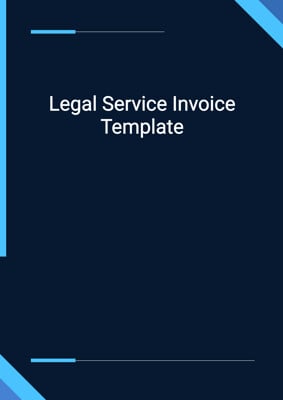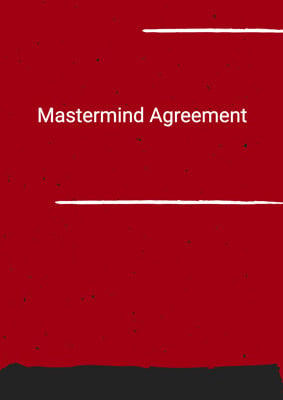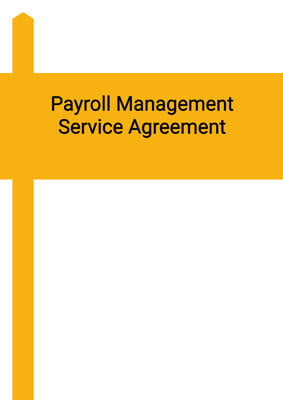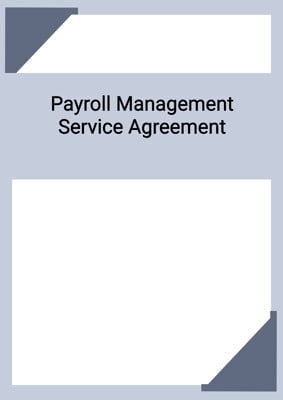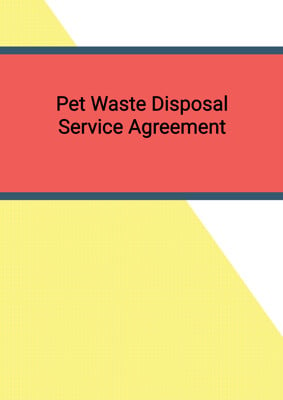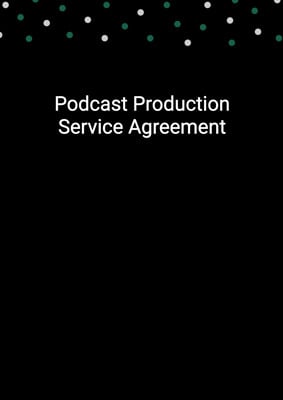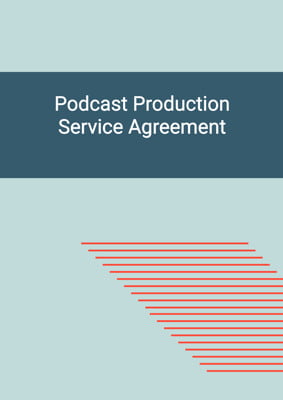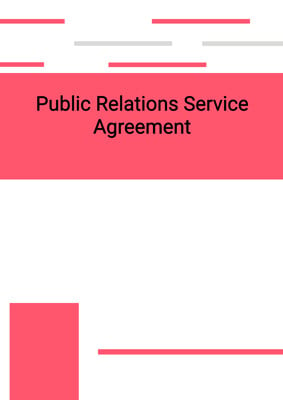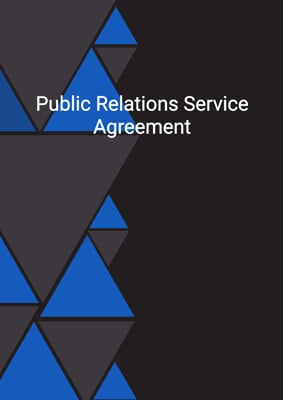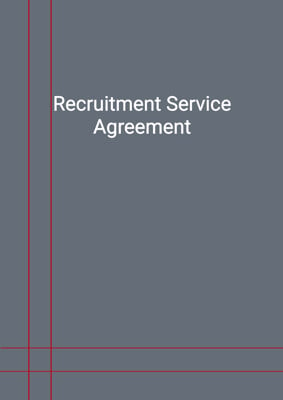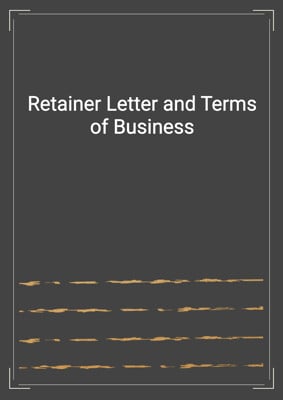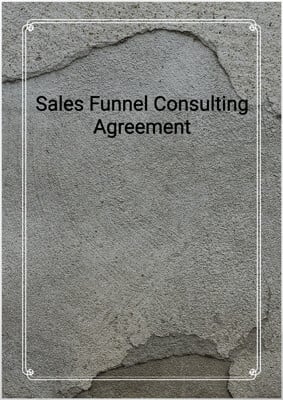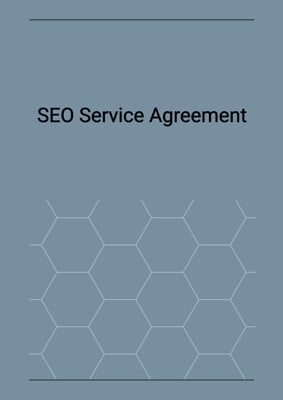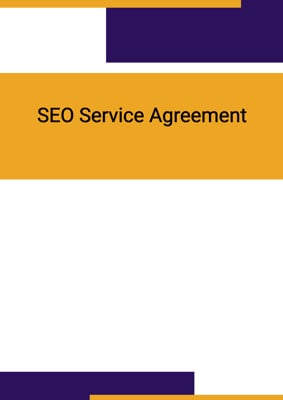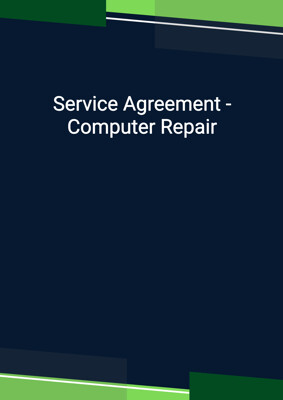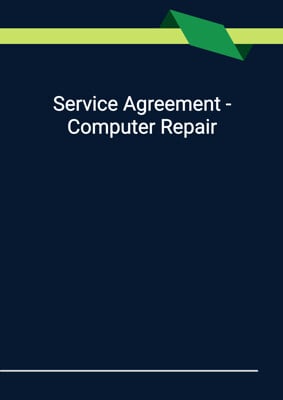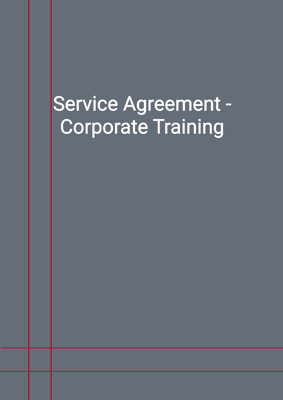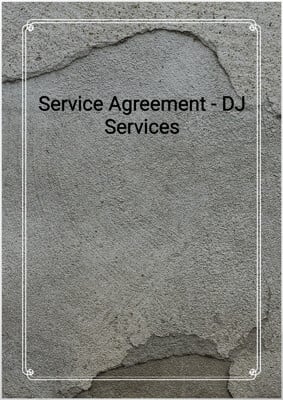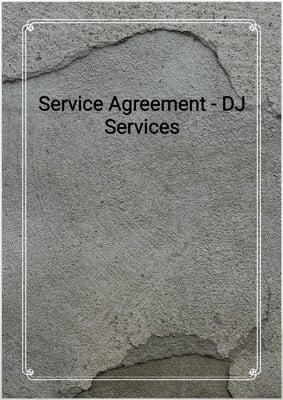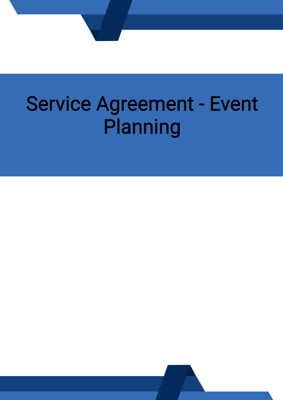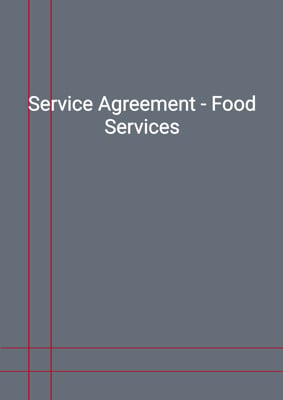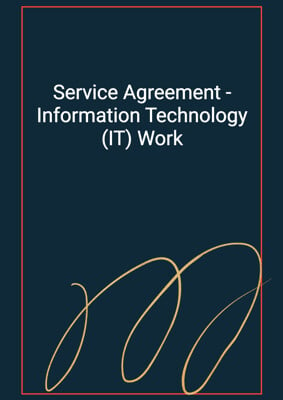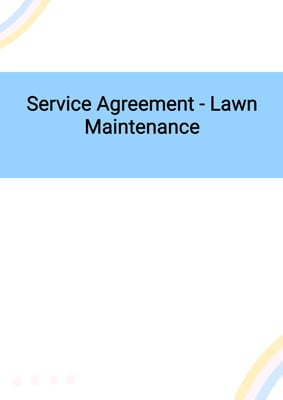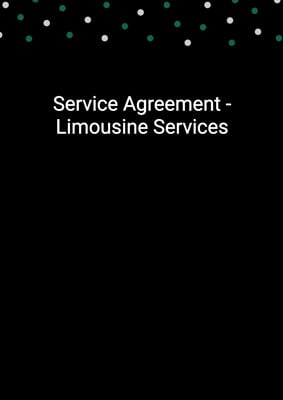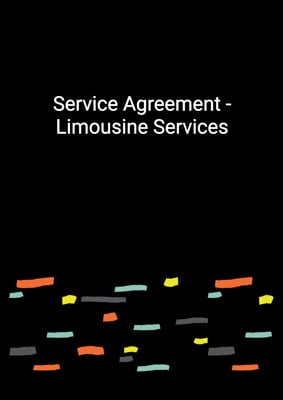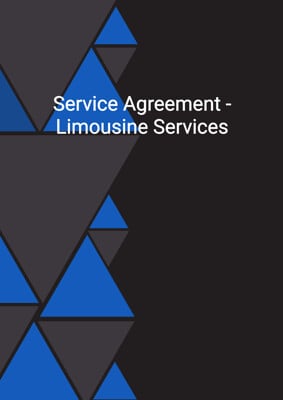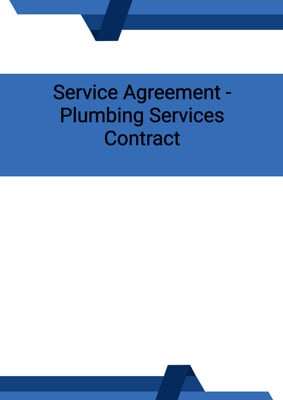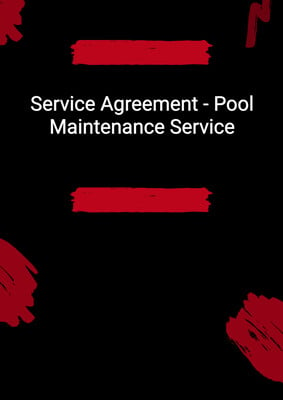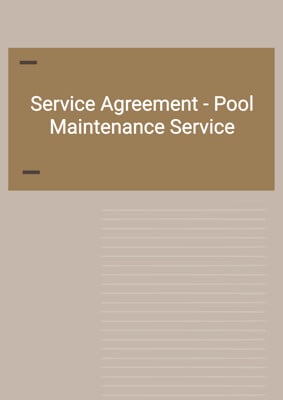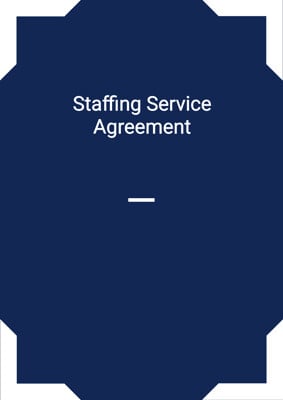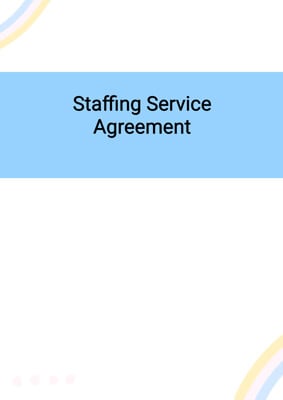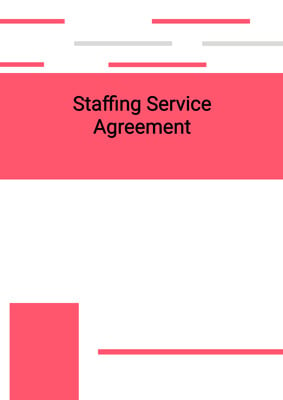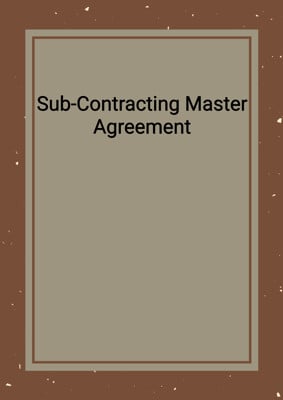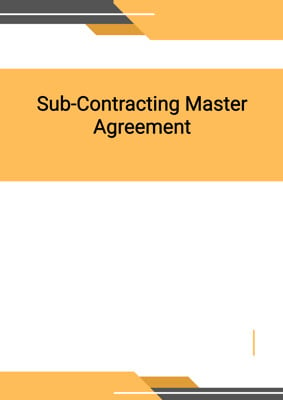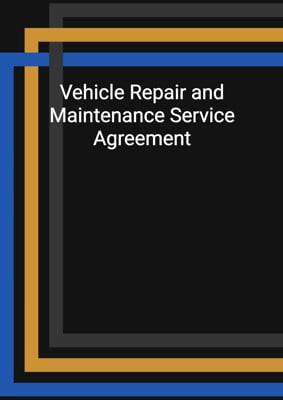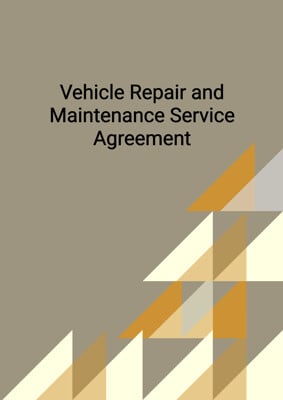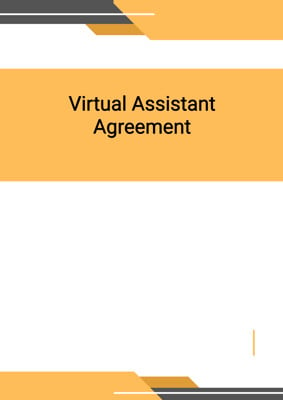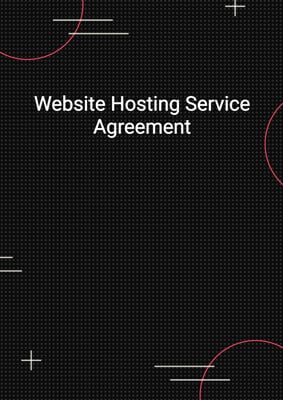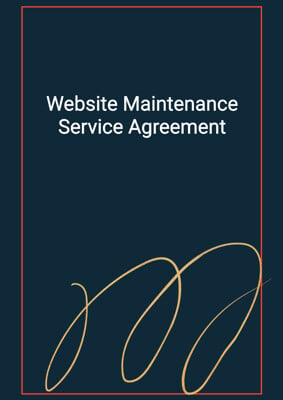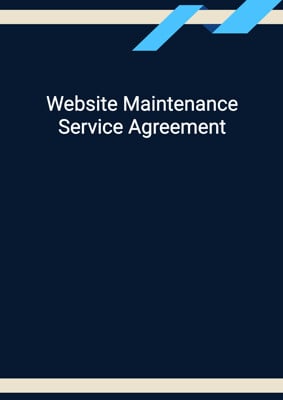How to Tailor the Document for Your Need?
01
Create Document
Fill in the details of the parties. You can click the "Fill with Member’s Information" button to complete it with information saved to your account.
02
Fill Information
Please fill in any additional information by following the step-by-step guide on the left hand side of the preview document and click the "Next" button.
03
Get Document
When you are done, click the "Get Document" button and you can download the document in Word or PDF format.
04
Review Document
Please get all parties to review the document carefully and make any final modifications to ensure that the details are correct before signing the document.
Document Preview
Document Description
This Service Agreement - Website Development Services is a legally binding document that outlines the terms and conditions between the Servicer and the Customer for the provision of website development services. The importance of this document lies in its ability to clearly define the rights and obligations of both parties, ensuring that there is a mutual understanding and agreement on the scope of work, timelines, fees, and other key aspects of the project.
The entire document is divided into several sections, each addressing a specific aspect of the agreement. The first section, titled 'Interpretation,' provides definitions for key terms used throughout the agreement, ensuring clarity and consistency in understanding. It also includes general provisions such as the inclusion of persons, the use of headings, and references to applicable laws and regulations.
The second section, 'Servicer's Obligations,' outlines the responsibilities of the Servicer in providing the website development services. It emphasizes the importance of the Servicer's commitment to delivering the services in a professional and diligent manner, adhering to industry standards and applicable laws and regulations. It also states that any services outside the defined scope will require a separate agreement.
The third section, 'Completion of the Work,' highlights the time-sensitive nature of the Servicer's obligations and the importance of prompt and timely performance. It specifies that the services should be completed by a certain completion date, with provisions for extensions if necessary. It also addresses the consequences of non-completion, including the entitlement of the Customer to liquidated damages.
The fourth section, 'Revisions,' sets limits on the number of revisions the Customer is entitled to for any deliverable produced under the agreement. It states that any revisions beyond the agreed-upon limit will be charged separately.
The fifth section, 'Service Fees,' outlines the payment terms and schedule. It specifies the amount and due date of the service fee, as well as the invoicing process. It also addresses the reimbursement of expenses incurred by the Servicer and the Customer's responsibility to pay invoices on time.
The sixth section, 'Independent Contractor,' clarifies the relationship between the Servicer and the Customer, stating that the Servicer is acting as an independent contractor and not as an employee, agent, partner, or joint venture of the Customer. It emphasizes that neither party has the authority to bind or obligate the other.
The seventh section, 'Licenses and Insurance,' requires the Servicer to obtain any necessary licenses and approvals for providing the services. It also mandates the maintenance of appropriate insurance coverage to protect against liability arising from the services.
The eighth section, 'Warranties and Indemnities,' establishes the obligations of both parties regarding the reporting and rectification of any delays, problems, or complaints related to the services. It also addresses the Customer's right to report defects in the Servicer's performance and the Servicer's responsibility to provide further services to rectify any defaults.
The ninth section, 'Term and Termination,' specifies the duration of the agreement and the conditions under which either party can terminate it. It allows for termination with prior written notice and outlines the consequences of termination, including the return of materials and the payment of fair compensation for completed services.
The tenth section, 'Ownership of Materials,' clarifies the ownership of materials and intellectual property produced or developed under the agreement. It states that materials delivered to or placed on the site become the property of the Customer, while intellectual property becomes the sole property of the Customer. It also restricts the Servicer from using the Customer's intellectual property without written consent.
The eleventh section, 'Confidential Information,' imposes obligations on both parties to keep confidential any information disclosed during the agreement. It provides exceptions for information that becomes public, is disclosed by a third party, or is required to be disclosed by law.
The twelfth section, 'Announcements/Publicity,' requires prior written approval for any announcements or disclosures related to the agreement, except as required by law or regulatory bodies.
The thirteenth section, 'Amendment,' states that any changes to the agreement must be in writing and signed by all parties. It clarifies that variations do not constitute a waiver of other provisions and do not affect accrued rights and obligations.
The fourteenth section, 'Assignment,' prohibits the assignment or subcontracting of the agreement without prior written consent.
The fifteenth section, 'Severability,' addresses the invalidity or unenforceability of any provision and states that the remaining provisions shall remain in full force and effect. It requires the parties to negotiate a valid substitute provision if necessary.
The sixteenth section, 'Further Assurance,' obligates the parties to perform any further acts or execute additional documents necessary to implement the agreement.
The seventeenth section, 'Warranty of Capacity and Power,' includes representations and warranties from each party regarding their authority, power, and capacity to enter into and fulfill their obligations under the agreement.
The eighteenth section, 'Force Majeure,' exempts the parties from liability for failure or delay in performing their obligations due to causes beyond their reasonable control.
The nineteenth section, 'No Rights under Contracts for Third Parties,' clarifies that only the parties to the agreement have the right to enforce its terms.
The twentieth section, 'Arbitration and Proper Law,' encourages the parties to resolve disputes amicably and in good faith. It also provides for the proper law governing the agreement.
The twenty-first section, 'Notices and Service,' specifies the methods and deemed times of giving notice between the parties. It includes provisions for delivery by hand, email, or post.
The twenty-second section, 'Counterparts,' allows the agreement to be executed in multiple counterparts, with each counterpart considered an original document.
Overall, this Service Agreement - Website Development Services is a comprehensive and detailed document that covers all essential aspects of the agreement between the Servicer and the Customer. It ensures that both parties have a clear understanding of their rights, obligations, and expectations, promoting a successful and mutually beneficial working relationship.
How to use this document?
To use this Service Agreement - Website Development Services effectively, follow these steps:
1. Familiarize yourself with the entire agreement: Read the document carefully to understand its purpose, scope, and key provisions. Pay attention to definitions, interpretations, and general provisions that set the context for the agreement.
2. Understand the Servicer's obligations: Review Section 2, which outlines the Servicer's responsibilities in providing the website development services. Ensure that the Servicer commits to delivering the services in a professional and diligent manner, adhering to industry standards and applicable laws and regulations.
3. Note the completion requirements: Refer to Section 3 to understand the importance of timely completion of the services. Take note of the completion date and any provisions for extensions or liquidated damages in case of non-completion.
4. Consider revision limits: Section 4 specifies the number of revisions the Customer is entitled to for deliverables. Be aware of any additional charges that may apply for revisions beyond the agreed-upon limit.
5. Understand the payment terms: Review Section 5, which covers service fees, invoicing, and payment schedules. Take note of the amount, due date, and any late payment charges. Understand the Servicer's responsibility to provide itemized invoices and the Customer's obligation to pay on time.
6. Clarify ownership and intellectual property: Section 10 addresses the ownership of materials and intellectual property. Ensure that the Servicer understands that materials become the property of the Customer, and intellectual property produced under the agreement belongs solely to the Customer unless otherwise agreed upon.
7. Maintain confidentiality: Section 11 emphasizes the importance of keeping confidential information disclosed during the agreement. Take necessary measures to protect sensitive information and ensure compliance with confidentiality obligations.
8. Be aware of termination conditions: Understand the conditions for terminating the agreement outlined in Section 9. Note the notice period required and the consequences of termination, including the return of materials and the payment of fair compensation for completed services.
9. Seek legal advice if needed: If you have any questions or concerns about the agreement, consult with a legal professional to ensure your rights and interests are protected.
10. Keep records and communicate effectively: Maintain accurate records of all communications, invoices, and expenses related to the agreement. Communicate any disputes or issues promptly and in writing, providing substantiating documentation when necessary.
By following these steps and ensuring compliance with the terms of the agreement, both the Servicer and the Customer can establish a clear understanding and a mutually beneficial working relationship.
Not the right document?
Don’t worry, we have thousands of documents for you to choose from:

